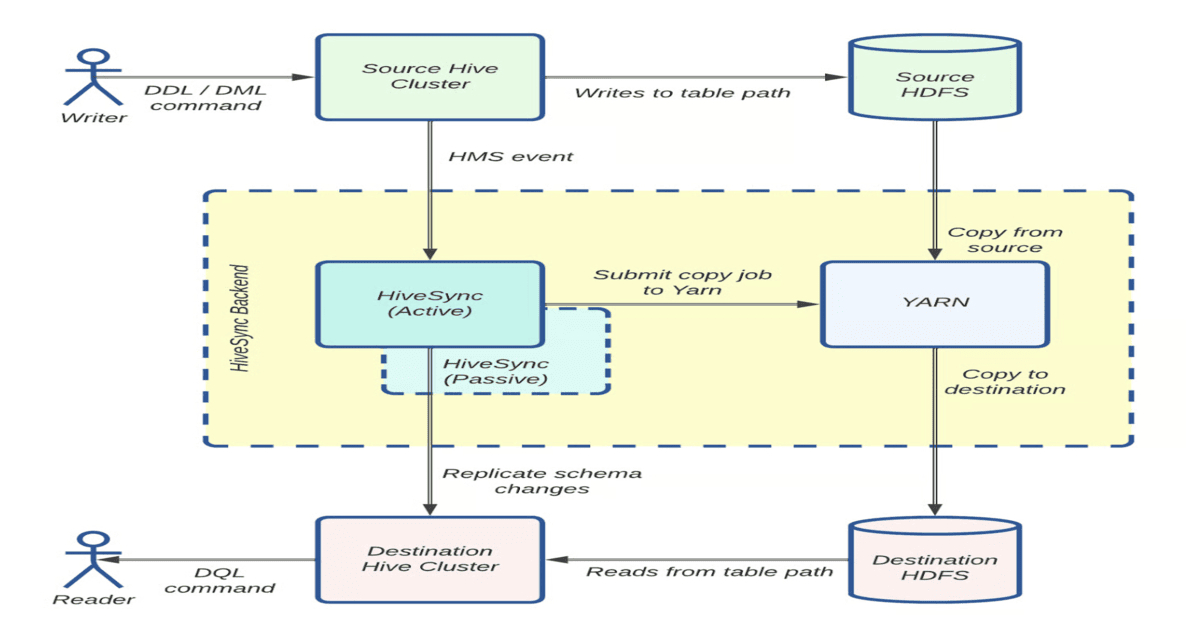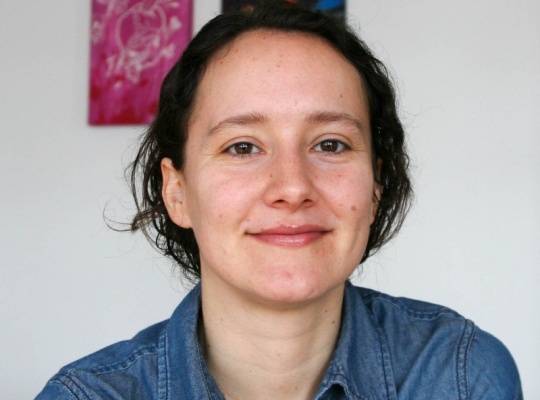Codetown
Codetown ::: a software developer's community
Math tips for easy calculations
We all have probably heard everyone say things like, "I can't do the math," "Math is too difficult," and "I'll never apply it in the real world." Math problems intimidate many students and parents, especially when it includes large numbers and rigorous calculations where aliciacalculadora.com can help.
Usually, students face problems in identifying the correct operation to be performed in word problems, regrouping in addition, and carrying over/borrowing in subtraction among many other issues.
But with the right strategies and tricks, we can help children excel at it, improve their mathematical reasoning skills and help the little Aryabhattas and Shakuntala Devis gain more confidence.
It’s always a good idea to serve logical and intense math concepts with a side of magic aka tricks to make you feel that math magic.
Here are the 4 math tricks to enhance mental math ability and make calculations easier:
1. MAKE IT EASY PEASY
Learning to quickly add numbers is an important aspect of your math learning. Students can break down the bigger numbers into simpler and smaller ones and then group them to add easily.
2. SWAPPING:
Many students fear subtractions due to large numbers. They can swap with the number complements instead of regrouping:
3. ADDING AND REMOVING THE SAME NUMBER:
Solving large numbers, especially money calculations can be quite difficult for students. Adding and then subtracting the same number can be quite useful a lot of times.
4. DEFEAT DIVISION:
Students can simplify division problems by putting this list of crucial facts aka divisibility rules to some great use. A number is divisible by:
Apart from these trendy tricks, students should always break down the multistep problem into smaller problems, find its objective, and then progress towards solving it. They should read the problem in its entirety and then try to come up with the correct approaches.
Notes
Welcome to Codetown!
 Codetown is a social network. It's got blogs, forums, groups, personal pages and more! You might think of Codetown as a funky camper van with lots of compartments for your stuff and a great multimedia system, too! Best of all, Codetown has room for all of your friends.
Codetown is a social network. It's got blogs, forums, groups, personal pages and more! You might think of Codetown as a funky camper van with lots of compartments for your stuff and a great multimedia system, too! Best of all, Codetown has room for all of your friends.
Created by Michael Levin Dec 18, 2008 at 6:56pm. Last updated by Michael Levin May 4, 2018.
Looking for Jobs or Staff?
Check out the Codetown Jobs group.
InfoQ Reading List
Hybrid Cloud Data at Uber: How Engineers Solved Extreme-Scale Replication Challenges

Uber’s HiveSync team optimized Hadoop Distcp to handle multi-petabyte replication across hybrid cloud and on-premise data lakes. Enhancements include task parallelization, Uber jobs for small transfers, and improved observability, enabling 5x replication capacity and seamless on-premise-to-cloud migration.
By Leela KumiliOpenAI Codex-Spark Achieves Ultra-Fast Coding Speeds on Cerebras Hardware

In a major shift in its hardware strategy, OpenAI launched GPT-5.3-Codex-Spark, its first production AI model deployed on Cerebras wafer-scale chips rather than traditional Nvidia GPUs. The new model offers delivers improved throughput and low-latency, enabling a real-time, interactive coding experience, says the company.
By Sergio De SimonePodcast: [Video Podcast] Frictionless DevEx with Nicole Forsgren

In this episode, Thomas Betts talks with Dr. Nicole Forsgren, the author of Accelerate and one of the most prominent and important minds in DevOps and developer productivity. The conversation is about identifying and removing developer friction, the subject of her new book, Frictionless.
By Nicole ForsgrenPresentation: Busting AI Myths and Embracing Realities in Privacy & Security

Katharine Jarmul keynotes on common myths around privacy and security in AI and explores what the realities are, covering design patterns that help build more secure, more private AI systems.
By Katharine JarmulJava News Roundup: Lazy Constants, TornadoVM 3.0, NetBeans 29, Quarkus, JReleaser, Open Liberty

This week's Java roundup for February 23rd, 2026, features news highlighting: new JEP 531 Candidate, Lazy Constants; GA releases of TornadoVM 3.0 and NetBeans 29; point releases of Quarkus, JReleaser, Chicory and RefactorFirst; maintenance releases of Micronaut and Jox; and the February 2026 edition of Open Liberty.
By Michael Redlich
© 2026 Created by Michael Levin.
Powered by
![]()
You need to be a member of Codetown to add comments!
Join Codetown